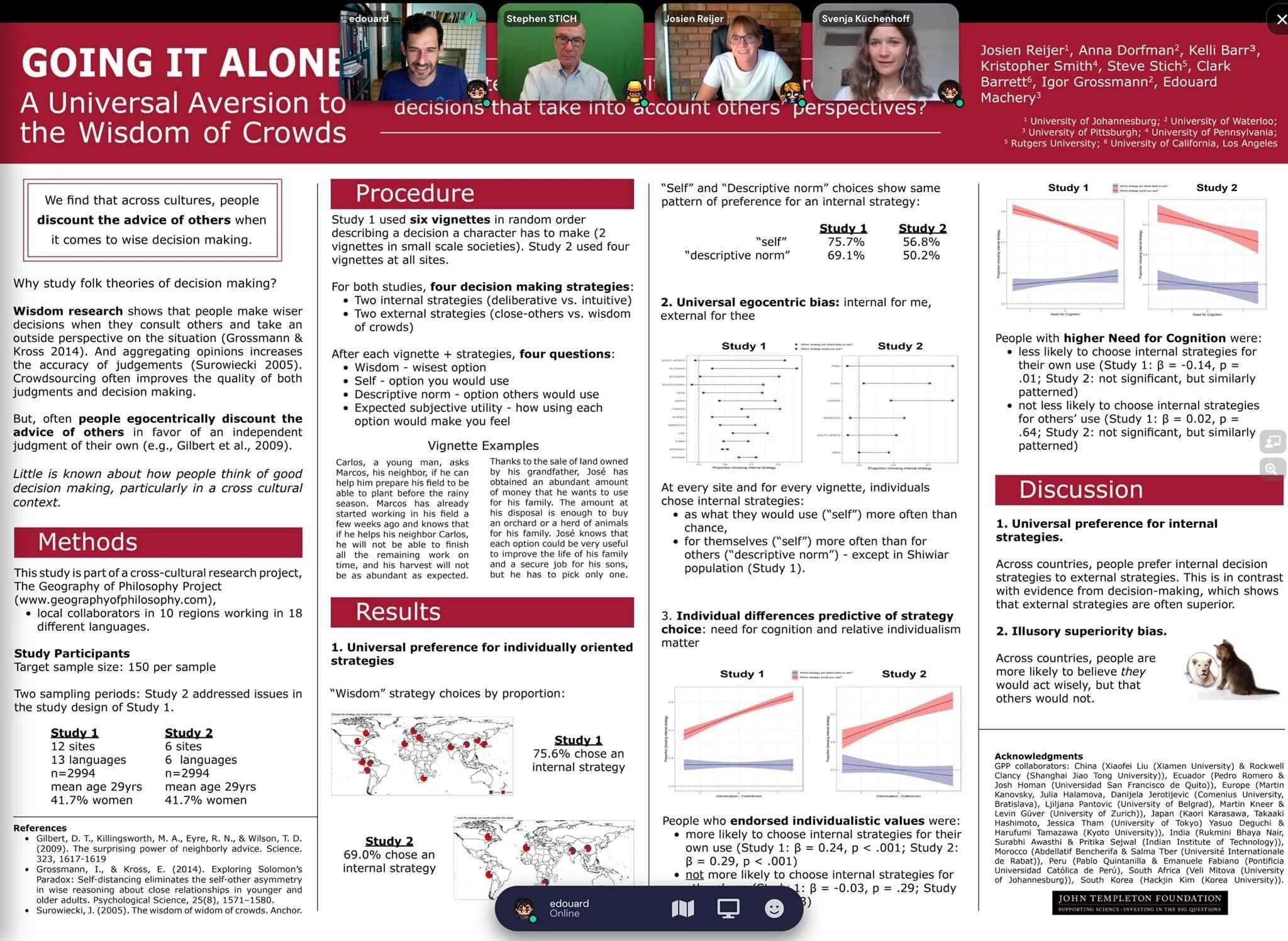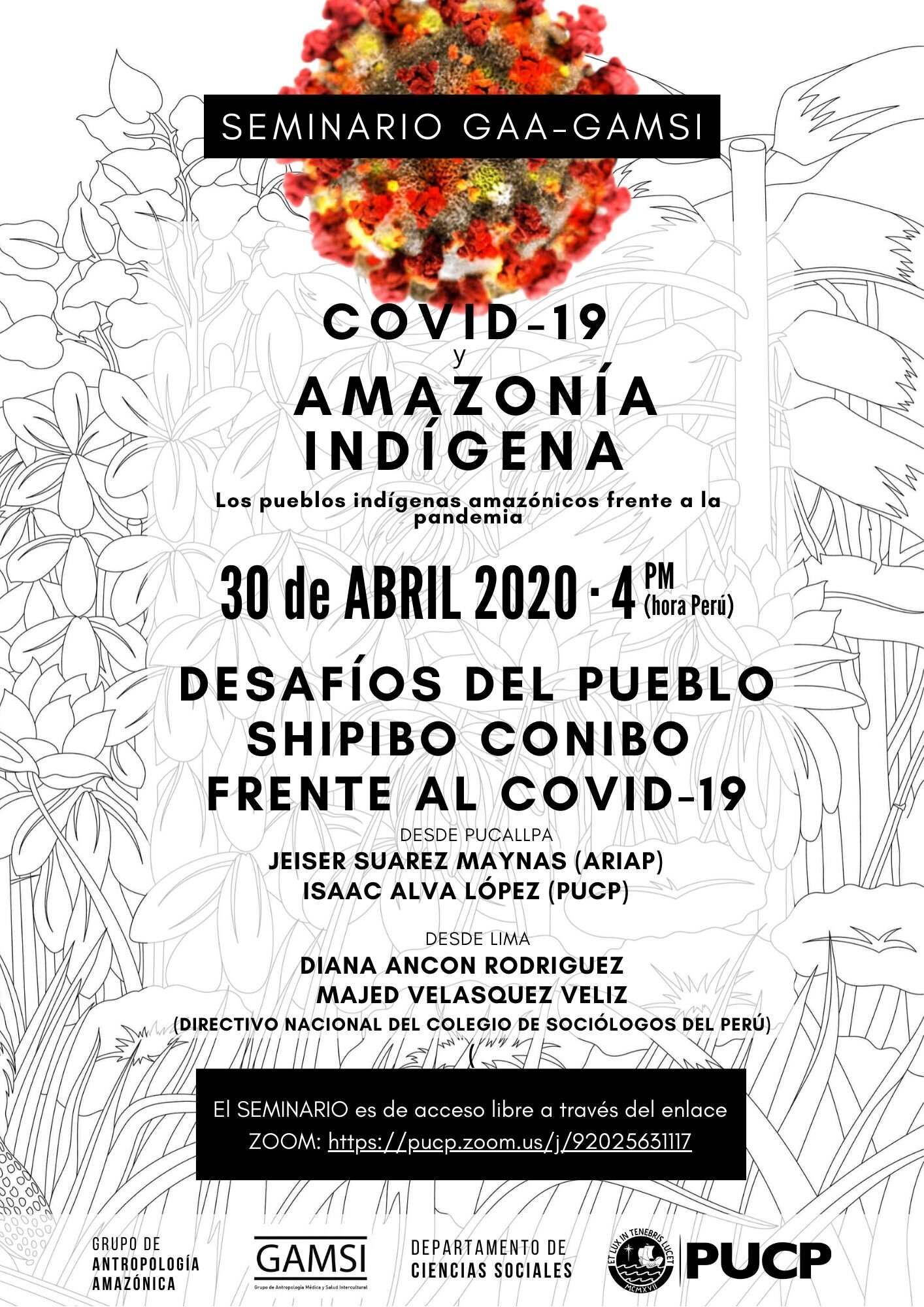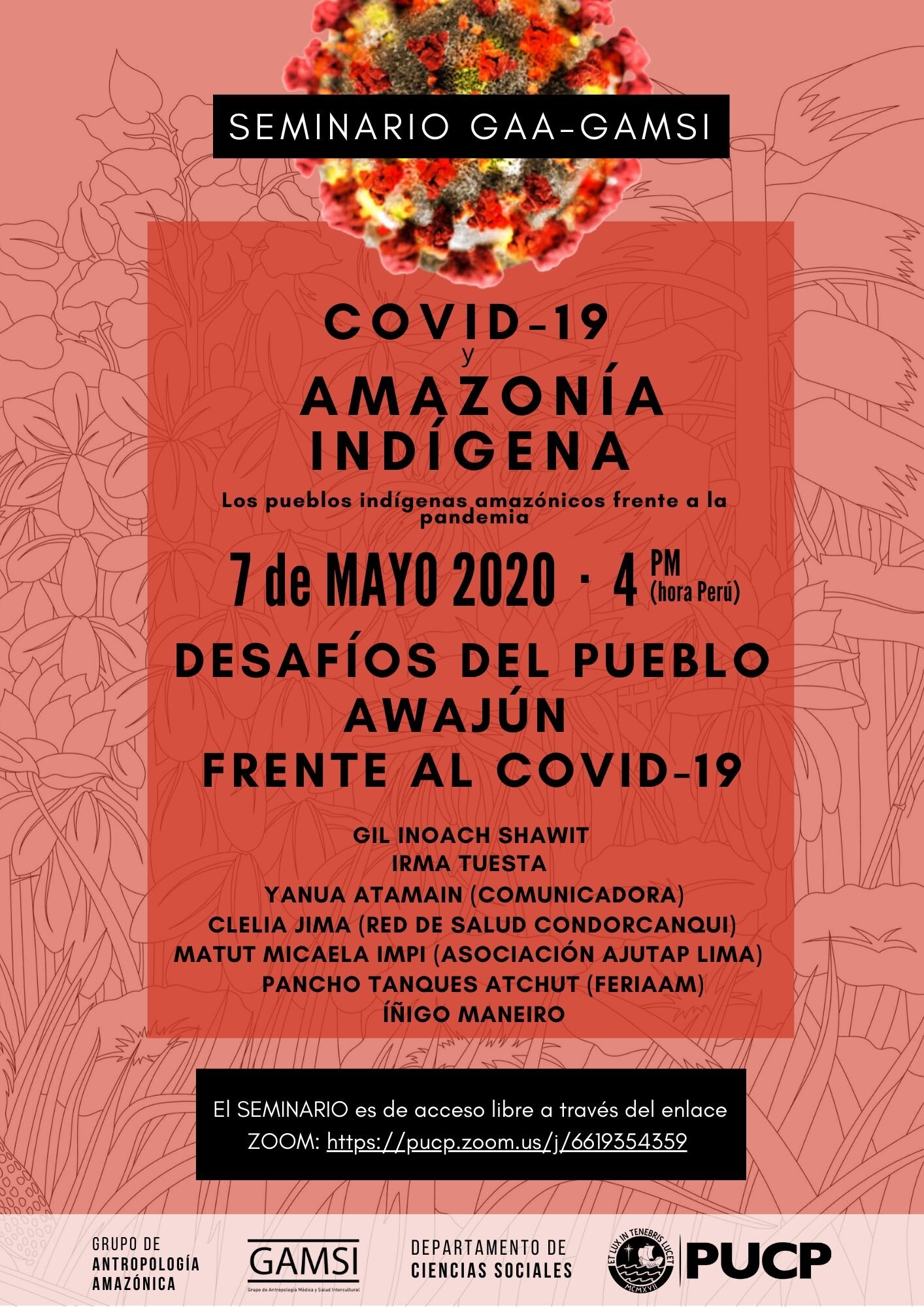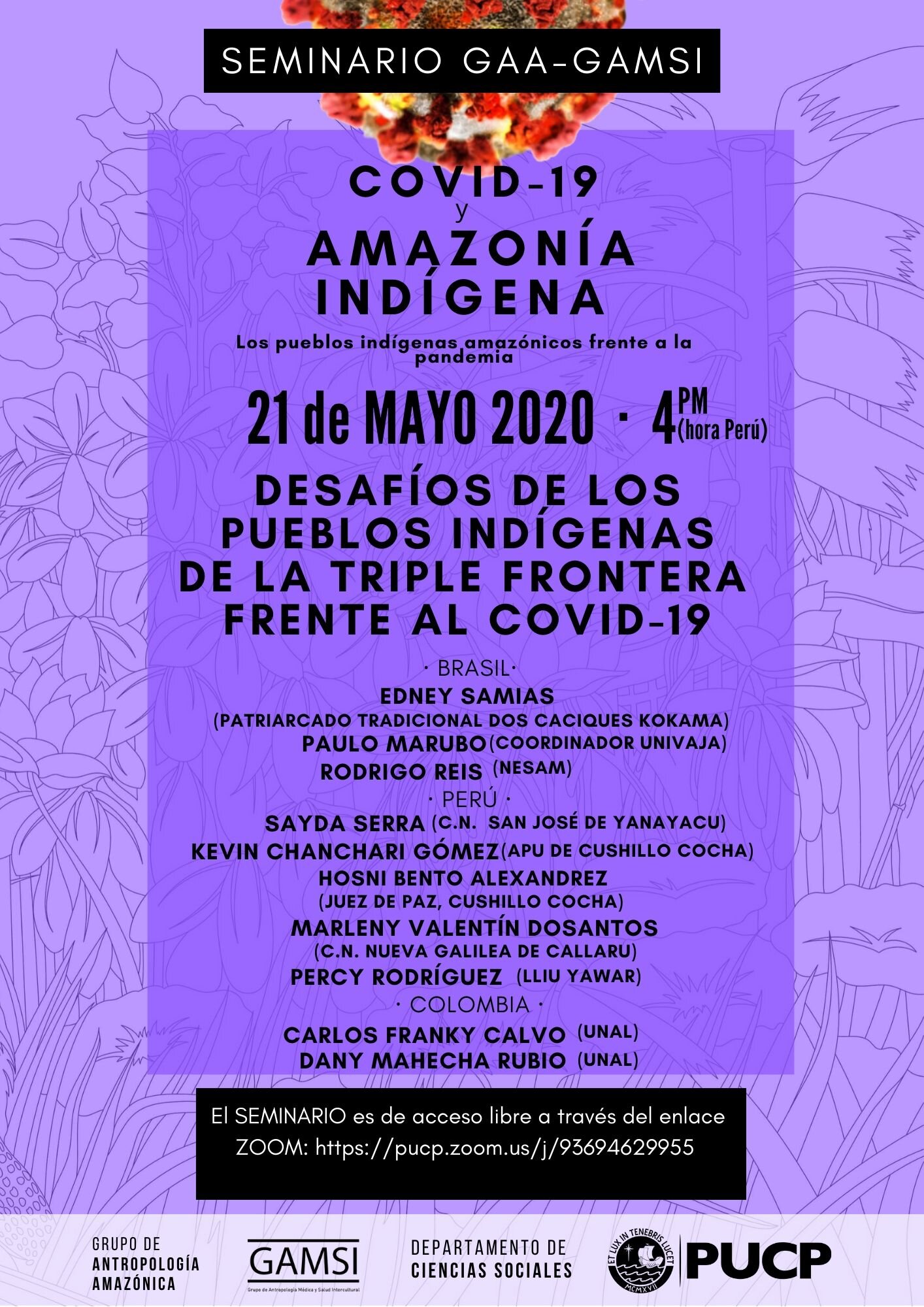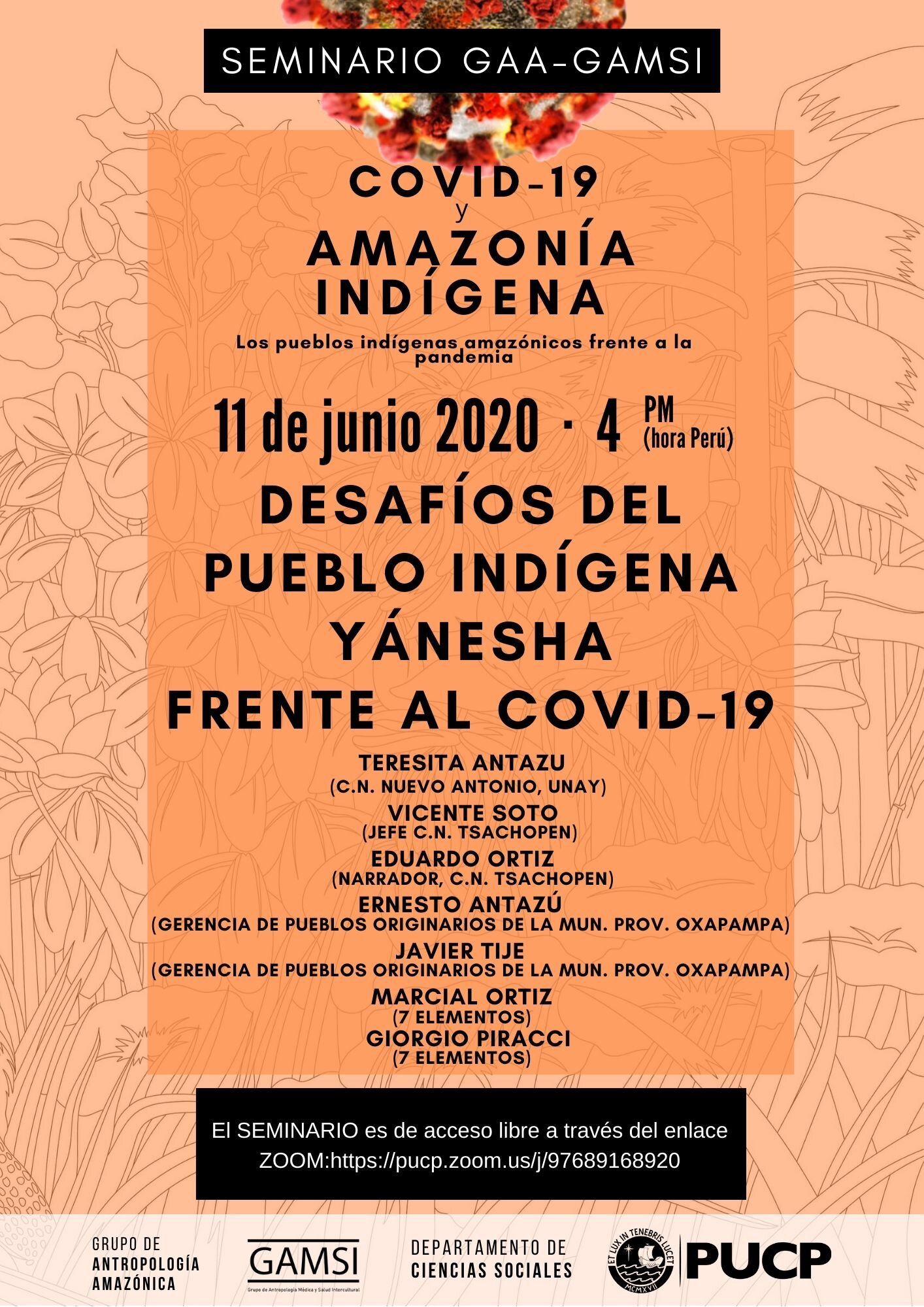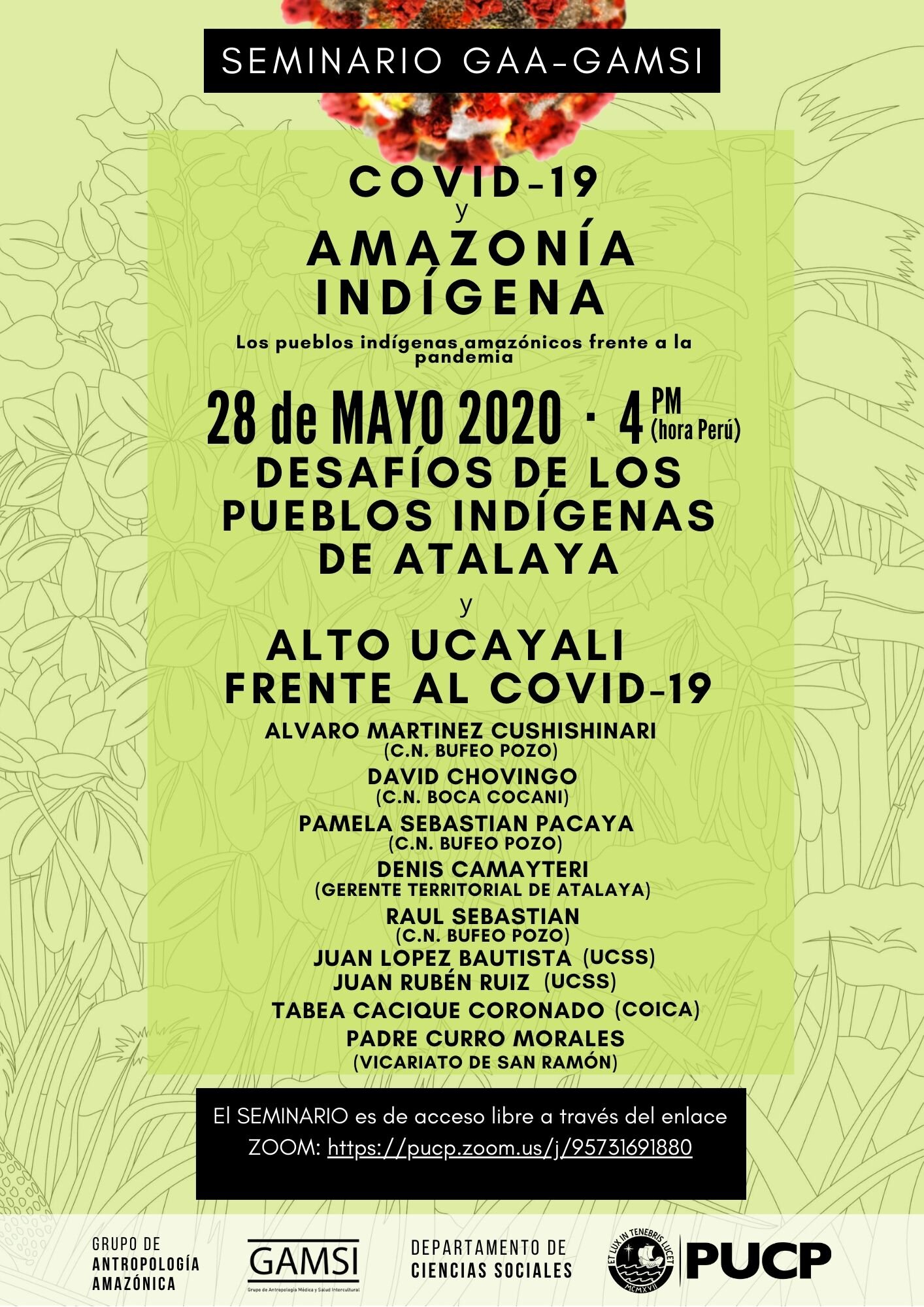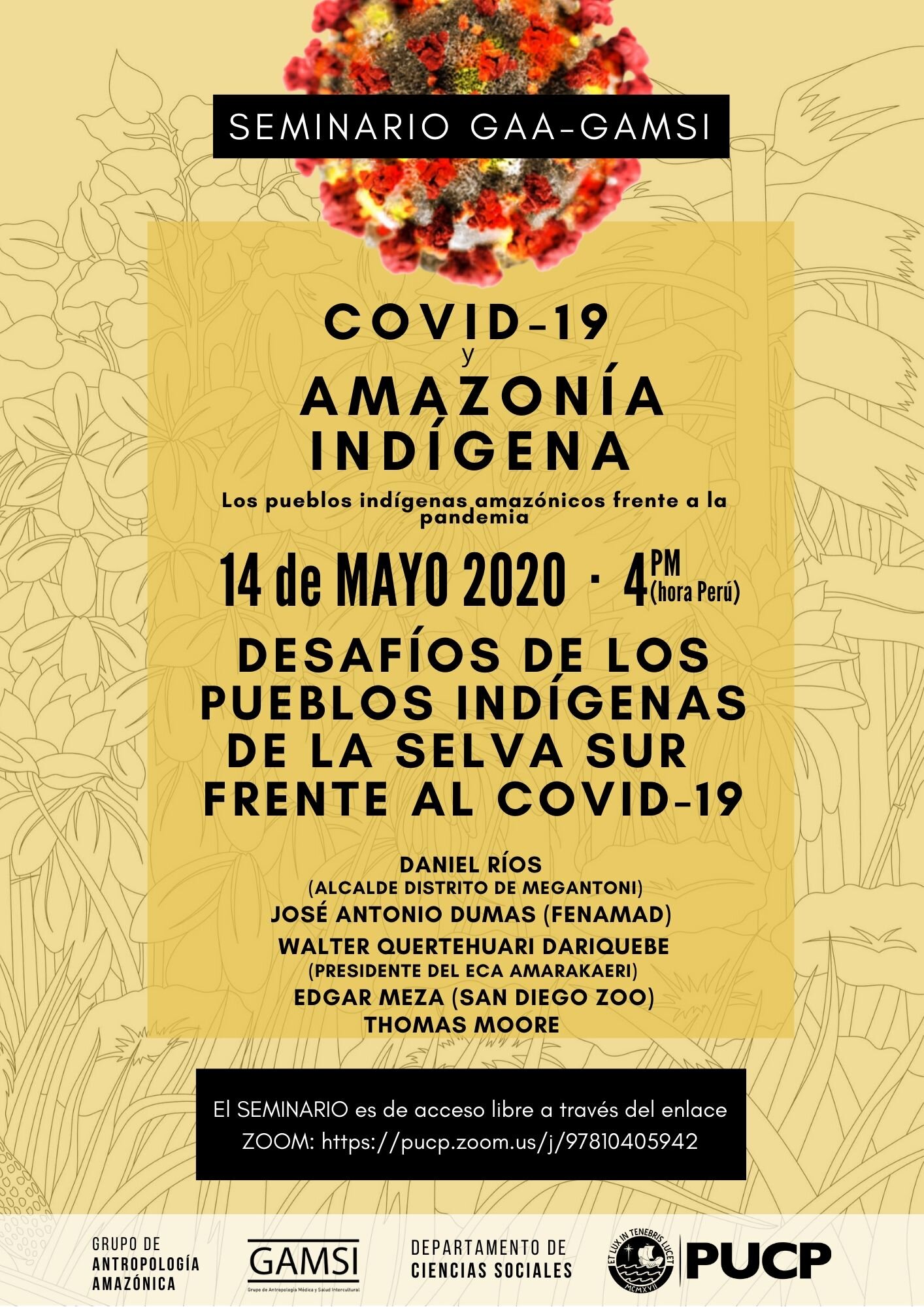Go Philosophy features introductions to the PIs
Edouard Machery, Clark Barrett, and Stephen Stich write posts describing how their work shapes the development and practice of experimental philosophy, and how experimental philosophy shapes their work. Please read a preview below:
Edouard Machery
University of Pittsburgh
“I have been very involved in the development of experimental philosophy. … Independently of the philosophical upshots of the cross-cultural research on philosophical concepts, this interdisciplinary research is intrinsically fascinating. Identifying universal aspects of concepts such as the concepts of knowledge or wisdom tells us something about human nature, about the way human beings structure their experience. Variation tells us something about the diversity of ways in which human beings can navigate their social world. Finally, doing interdisciplinary work is essential to philosophy: It ties philosophy to important and substantial matters and prevents it from losing itself in empty theorizing.”
Stephen Stich
Rutgers University
“I am the oldest PI of the Geography of Philosophy Project (GPP) – old enough to have young grandchildren. … Starting in 2000, my students and I were leaders in the creation of the new field of “experimental philosophy” which uses the methods of psychology and neuroscience to evaluate the claims of philosophical theories and assess the evidence offered for those claims. The experimental philosophy movement has now generated over 1000 papers, and has come in second in a poll of “currently hot topics” that “ought to fade away” according to readers of Brian Leiter’s Philosophy Blog. During the last fifteen years, a substantial part of my work has been focused on empirically informed moral psychology.”
Clark Barrett
University of California, Los Angeles
“The three PIs of the Geography of Philosophy Project include two philosophers and an anthropologist; I’m the anthropologist. My work has long engaged with philosophical questions concerning the nature of human thinking and its evolutionary, cultural, developmental, and linguistic dimensions. … My empirical work has also engaged philosophical questions about the mind, including similarities and differences in concepts and their development across cultures, the nature of human social cognition, and recently, work in experimental philosophy including work on the role of intentions and other mental states in moral judgments across cultures.”
Read more at https://go-philosophy.com/.



